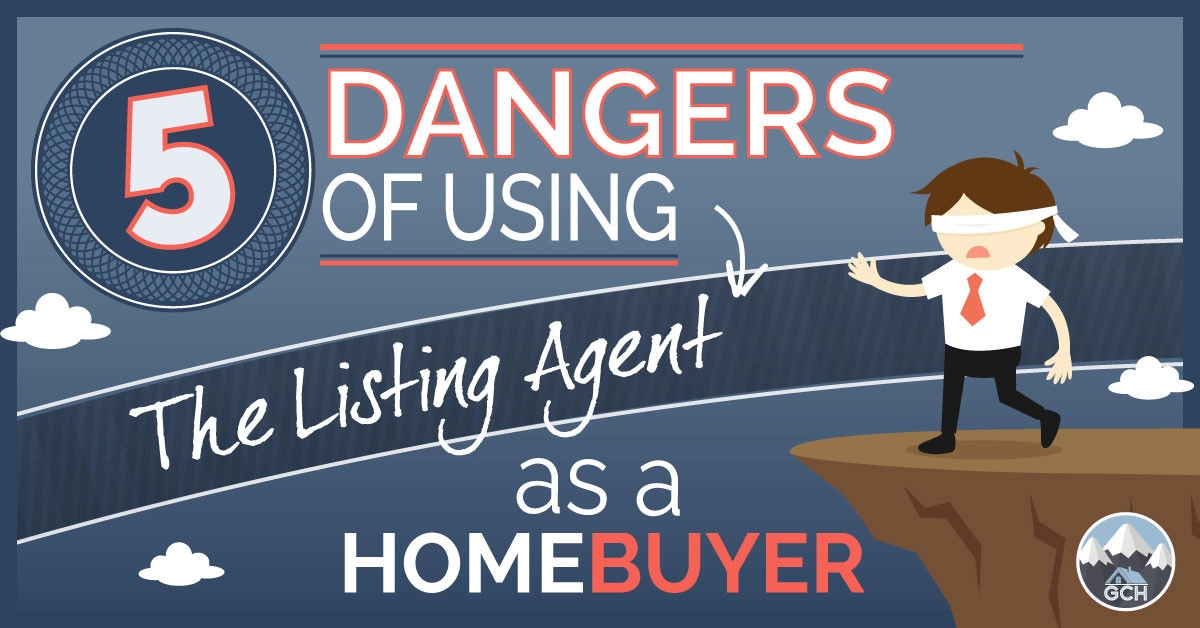Smart-home security systems are more popular than ever. In recent years, millions of people have made the switch to easy-to-use security for their homes. With smart technology, you can view live video streams, get instant alerts, and control your security from any device—whether you are home or away.
If you want to learn how to keep your home safe, you are in the right place. This guide will walk you through the newest security system features and offer simple, effective home security tips.
By the end of this checklist, you will have a clear understanding of what makes home security strong in 2025. Follow these updated tips to protect your home, your family, and your peace of mind.
Table of Contents
(click any section)
1. Benefits of a Smart Home Security System
Some people think of a home alarm system as an investment to protect their assets and their families without realizing that there are far more benefits.
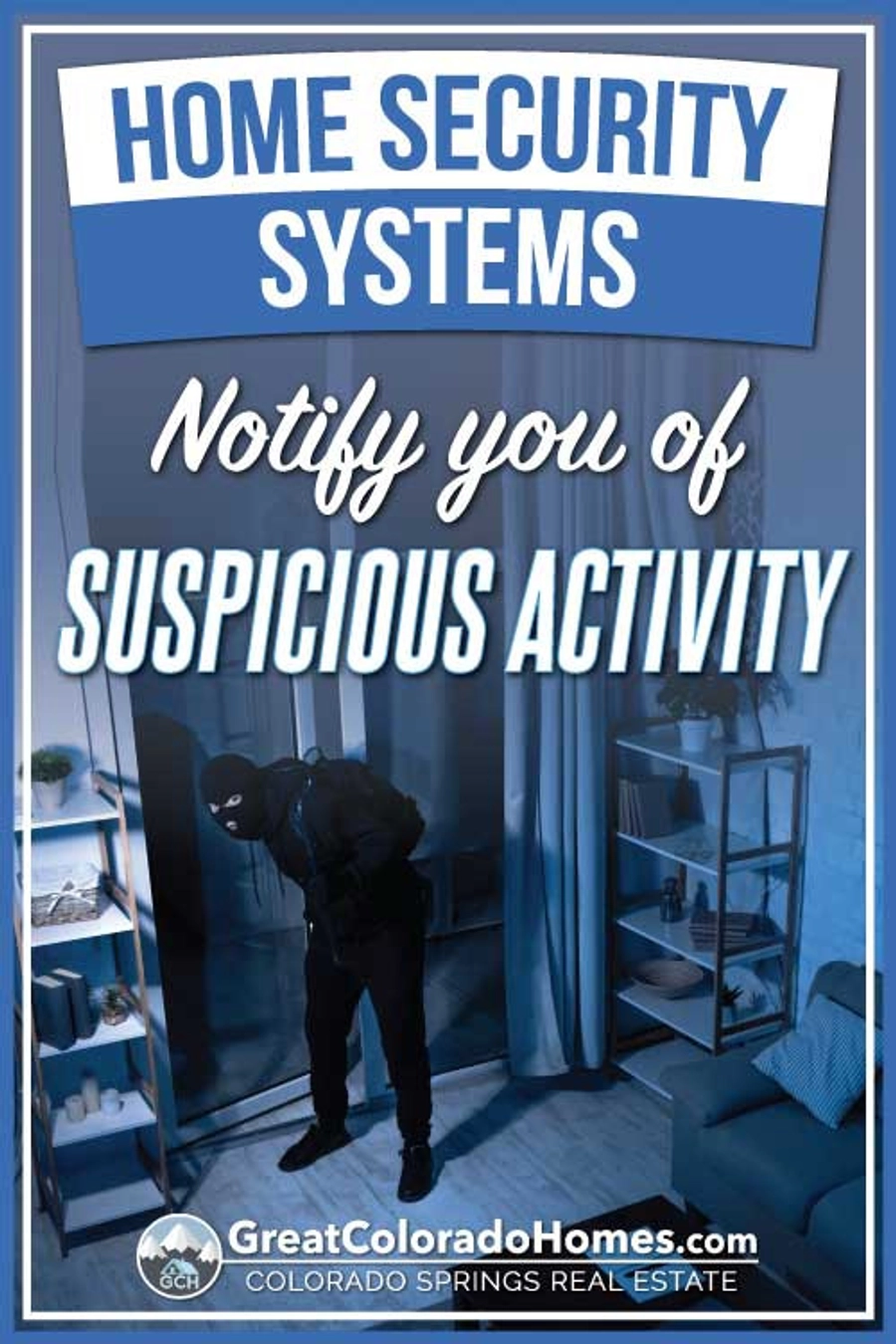 Not only does a security system protect people from intruders, but it can also alert you to things like fire and carbon monoxide. Many home security systems can link to your smoke alarms and Co2 detectors, as well as lighting and other features. Innovative home technology can automate every light and outlet in your home.
Not only does a security system protect people from intruders, but it can also alert you to things like fire and carbon monoxide. Many home security systems can link to your smoke alarms and Co2 detectors, as well as lighting and other features. Innovative home technology can automate every light and outlet in your home.
Many of the modern smart-home alarm systems offer an increase in your energy savings as well. You can automate your system to cut down on the amount of energy your home uses when heating and cooling.
Having your home marked as protected by a security system with signs and stickers is an additional benefit. Security yard signs were the 9th factor that burglars think of when they consider breaking into a home. If your house is marked as having an alarm system installed, it causes intruders to reconsider breaking into the property.
Having an alarm system brings homeowners peace of mind in knowing that they can sleep at night while being protected at the same time. These systems can also help monitor older kids' activities, making it harder for them to sneak out late at night.
A home alarm system makes it easier for you to get the rest you need without worrying about the issues mentioned above.
2. Types of Security Systems
In total, there are four different types of systems. Each system comes with its own set of challenges, especially when you consider the cost and the equipment you will need to run correctly.
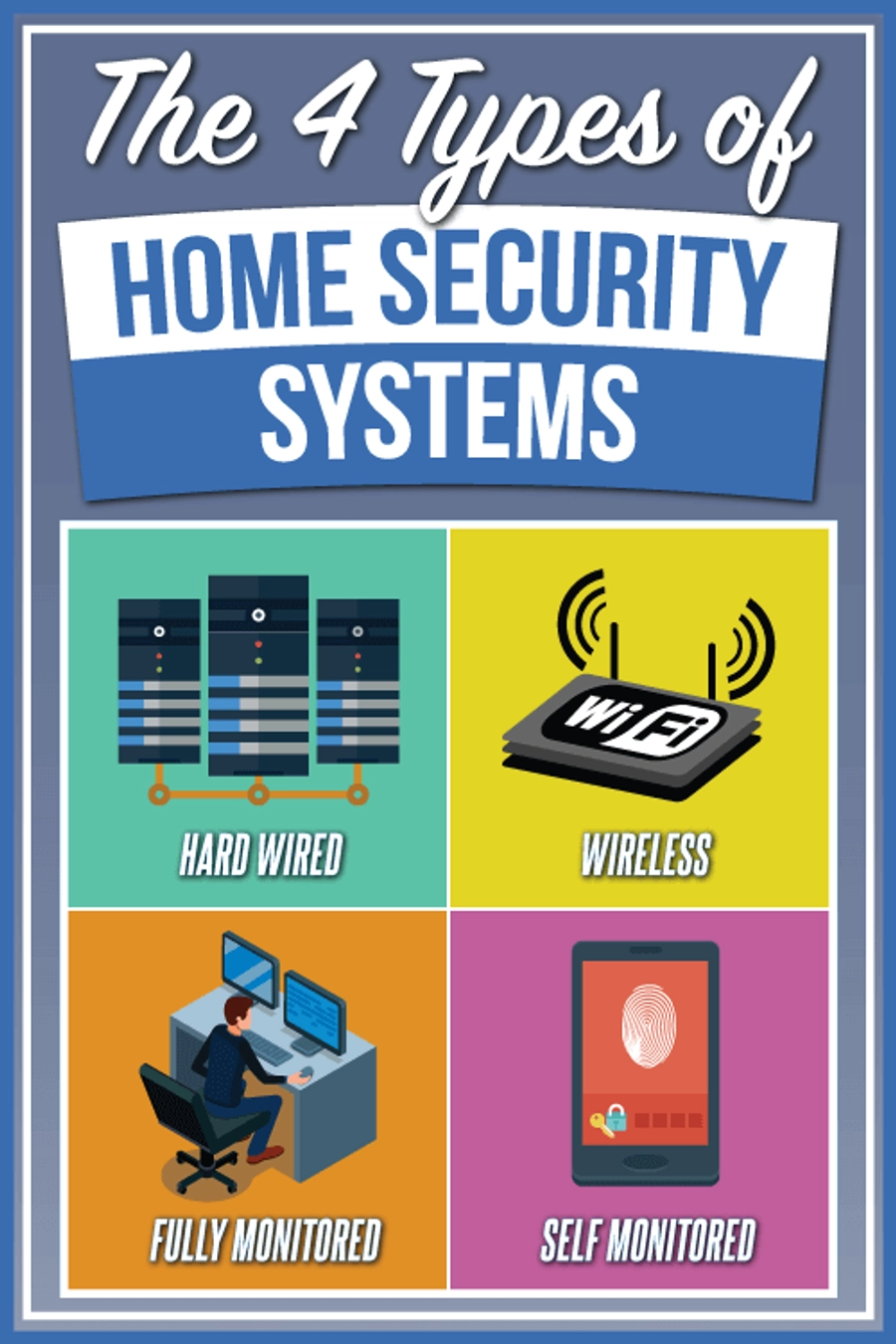 Knowing the disadvantages and advantages of each will help you decide which option will work for your home.
Knowing the disadvantages and advantages of each will help you decide which option will work for your home.
Wired Home System
The first system is a wired home security system. This system connects an alarm panel to various wired sensors and cameras. Most newer homes are already equipped with the proper wiring for these systems.
Older homes will need to be retrofitted for a wired system. Each part of your home that serves as an entry point will have a sensor connected to the central control panel through a hardwire.
Each entryway will also be equipped with motion sensors and a primary keypad. Systems like this are more reliable than some of the others we're going to feature in this section.
You can guarantee that your system will work as long as none of the wires connecting to the panel are frayed or snipped. These systems have very little maintenance if any at all.
With any system, there are going to be some disadvantages that you need to consider. Wired systems Involve more skill to install. They are also being phased out with new wireless technology. It can also be challenging to find someone who will properly install it for you. It may also be challenging to find someone who still carries the parts for the older systems.
Wireless Security System
Unlike the wired system, the wireless system has no wires. The installation process is much easier. These systems are great if you want to take your security system with you when you move. All of the components can easily be removed and boxed up to go to your next home.
This type of system is complex for burglars to break into because there are no wires to snip. A disadvantage is that this system requires you to keep batteries on hand because it will go through them over time.
A wireless system is more susceptible to interference than others. This drawback means that things could block the signal that triggers you to be notified of an emergency. Novice burglars will not know how to do this, so it’s only a threat that high-level thieves will be able to execute.
Self-Monitored System
Much like the system's name says, this security system is one that you will monitor yourself. Whenever any security cameras or sensors have been triggered, the only person who will receive an alert is you.
Most systems like this will require that you download a mobile app to receive notifications. Once you've been alerted to something going on at home, you’ll have the option to phone emergency services if the event is severe.
The main disadvantage to self-monitored security systems is that you have to handle any emergency issues when they arise. We do not recommend self-monitoring systems for people who are busy and often away from their homes. When the system triggers an alarm, you have to deal with it as soon as possible.
Monitored System
A monitored system is one that a third-party company oversees. These systems come with a host of equipment that will be installed, including glass-break sensors, sirens, detectors, and more.
When something happens with a monitored system, the first people alerted are the monitoring company. The monitoring company will contact you to make sure the alert was not an accident. From there, they alert the proper authorities of a break-in or other disturbance in your home.
A monitored security system will continue to work even if your area sustains a power outage. If something triggers the alarm and nothing is wrong, you must immediately answer the monitoring company's phone call. If you don't answer the call, they will call the proper authorities directly. Some companies and municipalities charge an extra fee for false alarms.
For the system to work when you're not home, you've got to remember to set the alarm. If the alarm is not set, it won't actively be monitoring anything. High-end systems can automatically detect when no one is home and turn themselves on, but the basic systems do not.
3. Finding the Right Home Security System
Now that you have a better idea of the different smart-home security systems, it's time to find a reliable option. When you start shopping for your system, it can be an overwhelming task. You might not be aware of what you should be looking for.
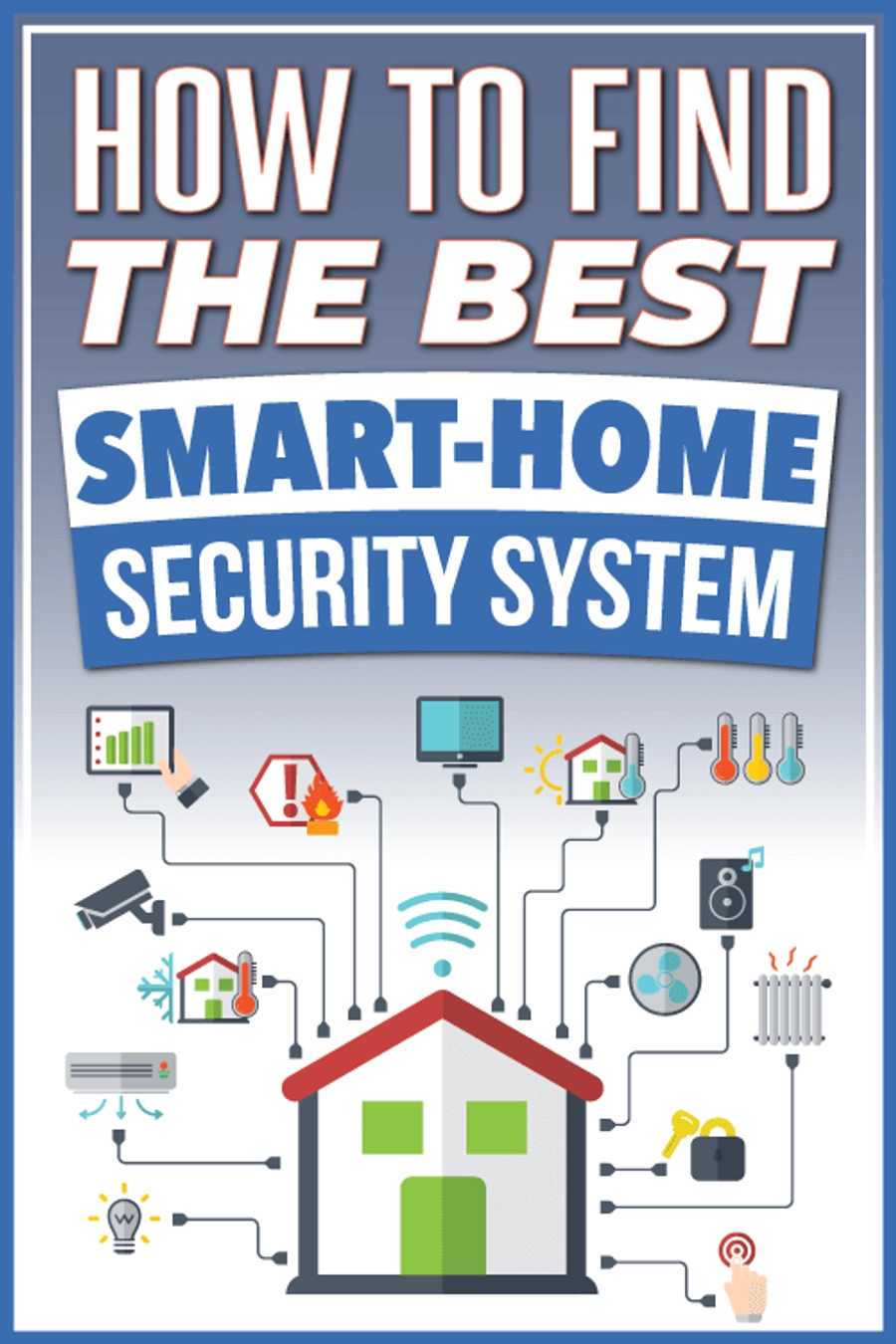 Here are some questions to help you through this process.
Here are some questions to help you through this process.
Should It Be a Monitored System?
We’ve mentioned some risks you take when choosing a system that uses a third-party company for monitoring. Although you might not like the idea of someone else monitoring the home, there are some benefits to it as well.
For instance, if you're in a work meeting and cannot respond to a disturbance at your home, rest assured that suspicious activity will alert the authorities. A monitored system takes home safety to a level that far exceeds the familiar sound of an alarm going off when no one is home.
Is My System Tamper-Proofed?
There is nothing worse than finding out that someone had previously tampered with your new security system before you purchased it. No security company can guarantee that the system you're using will not be tampered with at any point in time. Although there are extra measures the company can take to prevent that from happening.
The security system installed in your home should protect the audio and visual features from intrusion. You also want to ensure that your system maintains functionality in the event of a natural disaster occurring.
What Type of Automation Options Do I Have?
By 2023 there will be more than 70.6 million smart homes worldwide. This fact means that appliances, including the security system, will all be automated systems.
There are several types of automation systems that you might consider before settling on one for your home. Each system is different but comes with its own set of features that can help with other things in your home.
Before purchasing a system, think about what you want your security system to do. Some systems will have high-level automation that you may not want in your home. Understanding home security automation is key to finding the best strategy for your property.
Research Customer Reviews
Customer reviews are among the best ways to get the inside scoop on a company's ins and outs. The reviews will tell you the best features of any given security system and what elements need improvement.
Client reviews will also give you inside information on how the company has dealt with people's issues. Based on the reviews, you'll be able to determine whether or not that particular security system is one that you want to move forward with purchasing.
We recommend that you don't let the testimonials be the only thing that helps you make your final decision. Reviews can be manipulated.
So, while reviews provide a lot of insight into a product you might buy, they shouldn't be the only thing you use to make a purchase.
How Much Is It?
The cost of home security equipment can run anywhere from $100-$2,500, not including the monthly charge you'll pay for monitoring the data collected by the security system. Ensure that you've set a budget ahead of time before making your final purchases. By doing this, you'll guarantee that you only view systems within your price range.
Determine how you want your system installed. Are you willing to install the system on your own? Do you need someone to install it professionally? You've also got to think about the type of connection you want, whether wireless or hard-wired.
These factors can increase or decrease the total cost of your alarm system. Depending on the company that you hire, you'll have the ability to choose from a host of packages.
There will be packages on the higher end and lower end of the cost spectrum. Choose your package wisely because you may remain locked into a contract for an extensive amount of time. Once you’re locked into a contract, you may be charged thousands of dollars to get out of it. Read through any agreement thoroughly before signing.
How Does Your Security System Work?
Before purchasing a home installation system, you need to ensure that you know how to operate it.
Knowing how your system works will make it easier for you to identify if something is wrong with your system. Even after your security system is installed, it's best to ask the person installing it to walk you through the essential functions.
Learn how to turn the system on and change the necessary batteries. Ask the installer to explain the most common ways that the system may malfunction and how to respond to them.
4. Should I Be Concerned About Privacy With Home Security Systems?
People have become increasingly concerned about their home security system invading their privacy. Several stories have recently been published alluding to the fact that intruders can hack security systems. There are a few ways to ensure that your security system is doing what it's supposed to without invading your privacy.
Research Your Security System Options
Some home security systems come without security cameras or microphones. You should research these systems to know your options if you're afraid of monitoring companies watching and listening to you.
 Instead of using cameras, these systems rely on environmental changes to indicate that something might be wrong and alert you. They use windows and motion sensors to detect unusual movement and then report back to your security console.
Instead of using cameras, these systems rely on environmental changes to indicate that something might be wrong and alert you. They use windows and motion sensors to detect unusual movement and then report back to your security console.
The downside to this type of technology is that you won't have any recordings if something happens while you're away from home. They only alert you in real-time without offering footage of the event to know what happened.
Self-Monitoring Security Systems
Unfortunately, there is no way to know for sure that the information collected by your home security service isn't being hacked by someone who will use it against you. This fear may convince you to consider using an alarm system that allows you to self-monitor your home.
Whenever data is collected, it will be sent to you alone. No 3rd-party monitoring service is involved. After receiving an alert from your system, it's up to you to decide how you will react to the information.
Self-monitoring security systems keep all of the video and audio footage from your camera on your hard drive with no connection to the internet. This process makes it impossible for someone to hack your cameras and sensors from outside of your home.
Use Strong Passwords
People can hack into your home's security system if you make things easy for them. When setting up your alarm system, the first thing you should do is create a strong password. Your password shouldn't be obvious. Using your birthday or your children's names can make it easier for hackers to compromise your system.
Take the time to incorporate things like:
- Capital letters
- Lowercase letters
- Special characters
- Numbers
Combinations of the items listed above make it increasingly difficult for anyone to hack into your home security connection.
For the best results, we recommend using a password management service like LastPass. These services will generate very hard-to-remember passwords and store them in your phone app and desktop browser.
You can go to the app and copy the password into your login screen when you need it. These services provide stronger passwords and better security than creating personal passwords that you can remember. They also keep you from forgetting your password when you need it the most.
Think Twice About Law Enforcement Recordings
While most of us would like to help law enforcement, some security systems request the homeowner to provide footage when law enforcement needs it. This type of system can help law enforcement collect evidence for a crime that might have taken place in your neighborhood or purely for surveillance purposes.
If you’re nervous about people accessing your security footage, we recommend that you think twice before opting into these types of home alarm system requests. You never know what your system has picked up that you could be sharing. This kind of system gives law enforcement access to your network in a way that might seem overly intrusive to some folks.
Turn Off the Audio
Most people who will attempt to break into your home will not announce that they plan to do so. They will do their best to remain quiet and carry out their mission.
If you’re concerned with a 3rd party service listening in, consider turning off the microphone that comes with your alert system. When you're in your home, it's normal to have personal conversations that you would never want others to hear.
If your system is hacked and someone is listening, you could be providing them with the information they could use against you in the future. The information they hear could be just enough to plan the perfect time to burglarize your home.
5. What Equipment Do You Need to Buy
 We've briefly touched on the different features you would want in a home security system without going in-depth about the equipment. There are things you need to know about when it comes to security system equipment options.
We've briefly touched on the different features you would want in a home security system without going in-depth about the equipment. There are things you need to know about when it comes to security system equipment options.
Sensors
The first feature you want to research is the sensors installed in the home. The purpose of the sensors is to detect when the home's windows or doors are opened or broken.
The sensors can be installed in a couple of different ways. Some are placed directly within the door, and others come in two pieces.
One sensor will go onto the door frame while the other is attached to the door or window itself. These sensors are the most valuable on the main floor windows and basement window wells, as those are the most common points of intrusion.
Here are a few different types of home security sensors:
- Infrared (IR) Security Sensors - These sensors emit infrared light to detect movement. They are instrumental in dark areas with little natural light.
- Photoelectric Sensors - These sensors are similar to infrared, but they can cover a much larger space. They are common in commercial applications. The photoelectric sensors are great for establishing an invisible area in large yards.
- Microwave Sensors - Microwave sensors use more energy than the other options, but they are also more powerful. Microwave sensors can detect movement through walls and heavy objects.
- Tomographic Motion Sensors - These sensors are fairly new. They use a network of radio signals that combine to cover every nook and cranny of your home. These systems are expensive right now, but as the technology advances, the cost will go down, and more systems will be equipped with these types of sensors.
- Microphone Sensors - These sensors are great for detecting glass breaking on windows. They use microphones to detect suspicious noises.
A home security system is only as good as the sensors. A good security system installer can advise which sensors will work best for the layout and size of your property.
Alarms
You might not think this is a big deal, but the siren noise that an alarm gives off could be just enough to stop someone from intruding into your home. When you're looking for a system that's right for your home, you need one that makes some kind of noise.
The best alarms have different volume settings and sounds for smoke, carbon monoxide, and security breaches. Choose the one that best fits your home and neighborhood requirements.
Main Panel and Hard Drive
The central panel will control your security system. The hard drive is used to store video content recorded from your security cameras. Here are some of the features your system may offer when it comes to management:
- Security camera footage
- Turn on and off function for lights, outlets, and HVAC
- Trigger display
- Accidental trigger disarming button
Most homes have a security keypad installed. The new security panels have many more options and typically replace the old keypads built into older homes. All of the features from the main panel can also be managed from your phone app.
When you leave or are settling in for the night, the system will need to be armed. If you're using a smart-home automated system, you won't need to use the panel in your home to arm the system. The system can be set to turn on automatically at pre-programmed hours. Some systems will automatically turn on as soon as internal motion activity stops in the evening.
There are multiple hard drive options to store your video content. The more space you have, the longer you can keep your recorded clips. Most systems will store your video content for up to 30 days.
Cameras
If you want extra protection, you might consider a system that links up to multiple cameras. Many security systems only provide 1-2 cameras during the initial purchase.
One of the most popular cameras that people are using now is the doorbell camera. This feature alerts homeowners anytime someone is at the front door. It’s excellent for recording packages delivered from Amazon and online stores. Porch pirates are on the rise, and because of this, more homeowners use doorbell cameras to catch these thieves.
Camera footage takes up a lot of hard drive space. If you add too many cameras, your costs will rise quickly. You’ll need to upgrade your video storage capabilities with every camera that you add.
Wireless cameras can drain your Wi-Fi system. We recommend creating a separate network for your security system if you plan to use more than three cameras.
Connectivity Capability
Intelligent home alarm systems offer more connectivity every year. You can now control every part of your home that uses electricity. You can manage your HVAC system, lights, and every outlet on your property. Be sure to research the connectivity of each device that you purchase to ensure that it connects to your current security system infrastructure.
6. Things That Make A Security System Useless
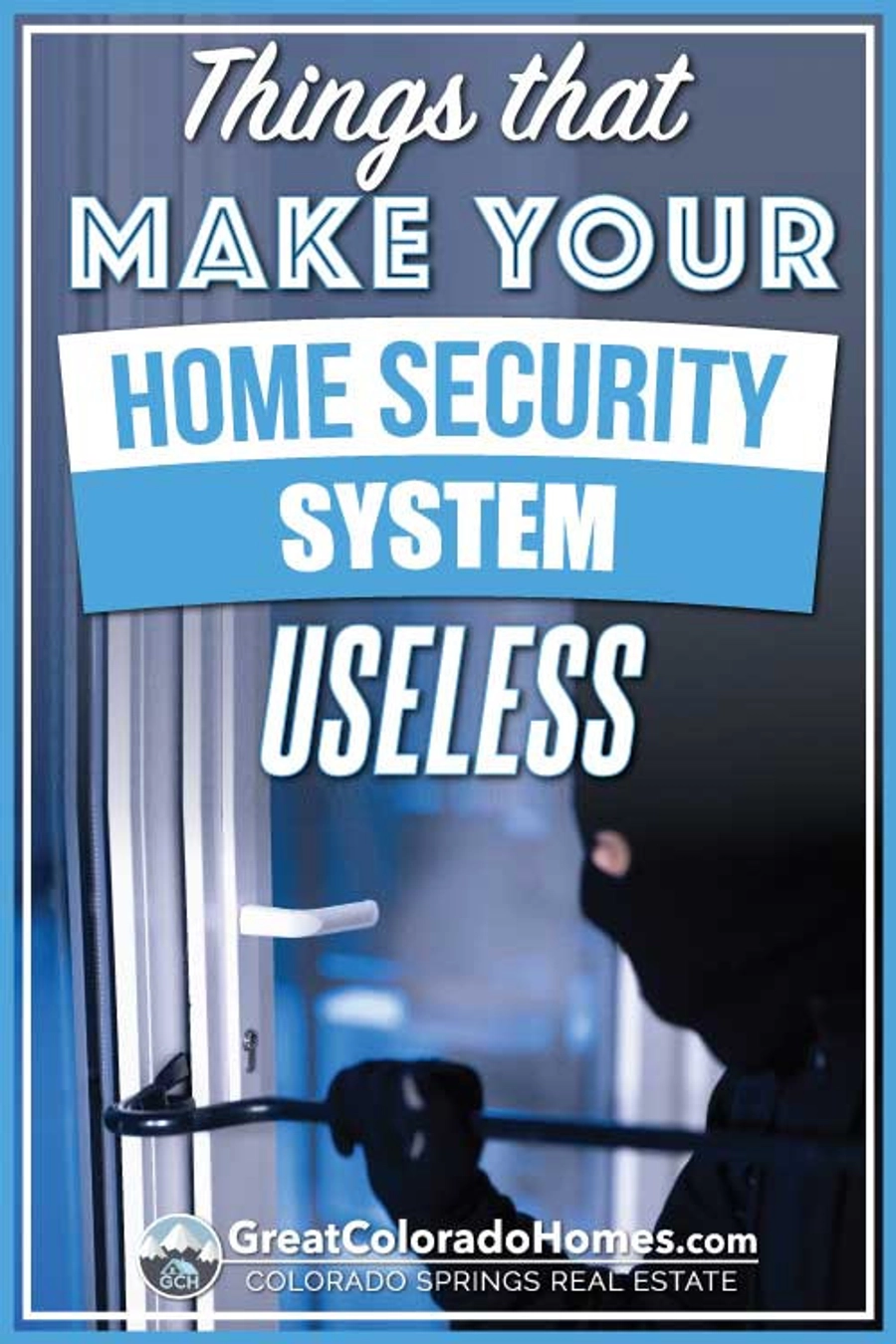 In hindsight, when you do some of the things that we're about to mention, you might see them as valid and not something that undermines your home security system. These things can make it easier for someone to break into your home. If you're doing any of these things, it's best if you stop doing them as soon as possible to ensure that your home security system is not being undermined.
In hindsight, when you do some of the things that we're about to mention, you might see them as valid and not something that undermines your home security system. These things can make it easier for someone to break into your home. If you're doing any of these things, it's best if you stop doing them as soon as possible to ensure that your home security system is not being undermined.
In the movies, you see people leaving a fake rock with a key under it in case they lose access. A key under the rock, while convenient, makes gaining access to your home much easier than you could imagine. All a burglar has to do is find the rock, and they've made it past the first part of your home's defense.
Another issue that you might not know you're committing is leaving your lights on all the time. While it might deter an intruder initially, they will soon understand that there is no one home and take advantage.
The last thing you want to do while on vacation is worry about your home being broken into. But, when you tell people and post all over social media that you're going on vacation, it's like inviting burglars to your home for a free-for-all.
Also, we recommend that you take the time to lock all your doors and windows. Some people skip this step because it takes time and has to be performed daily. Be sure to lock your garage door every night as well.
Here are some things you can do to protect your home in addition to using a security system.
Trim the Hedges
We all know that the hedges improve curb appeal, but if you're not careful, you could be providing burglars with a cover to hide behind.
We recommend that you take the time to trim your hedges and perform regular maintenance. Keeping your vegetation from becoming overgrown will make it easier to see someone lurking around your home.
Get Better Doors
Flimsy doors make a home an easy target for burglars. It's for that reason that we recommend reinforcing your doors with stronger ones.
We aren't talking about the interior doors, just the ones used for entry to your home. The front door is the most important. Also, you will want to consider replacing the doorknobs on your doors with ones that have longer screws for better security.
Shorter screws make it easier for your door to be kicked in by someone looking to gain access to your home. The longer screws will go deeper into the door jam, making it increasingly challenging for burglars to get inside.
If your garage door is old and flimsy, it may be wise to consider upgrading to a heavy door for better security. Burglars like to access garage doors because they are often overlooked when installing a home security system.
Don't Leave Windows Open
There will be times when you want to enjoy the fresh air by leaving your windows open. We recommend never leaving the window open too wide. You should have a window screen that keeps pests and birds from coming into your home. Burglars can quickly get past a screen, but every additional step helps to deter them.
Some homes have sliding glass doors that are useful for airflow through the house. If you want to keep a door open, it might be worth investing in a screen door that locks while the sliding glass door is open.
We recommend always keeping all doors and windows closed as a best security practice.
Make Your Presence Known
If you notice that someone is approaching your home and don't know them, make your presence known. If someone realizes that you're home, it might keep them from trying to gain access to the property.
It's also worth noting that if you don't know someone, you shouldn't open the door all the way because it can make it easy for them to force their way inside.
If you find yourself opening the door, we recommend that you simultaneously have someone on the phone. It will let the person attempting to come into the home know that someone else is aware of their presence at your house. When someone is going to commit a crime, they don't want anyone to know what they're about to do.
Change the Locks
When you move into a new home, the first thing you need to do is change the locks. You have no way of knowing if the previous owners still have access to the home or how many people have keys to your home.
By changing the locks, you can increase your peace of mind and ensure that you and your family are the only people with copies of the new keys. New locks are the best way to burglar-proof your home.
When changing the locks, consider changing the strike plate as well. Older strike plates use shorter screws that are easier to break than newer technology.
Get To Know Your Neighbors
Your neighbors can be the ones who alert you or emergency units if they notice something is going on at your home. It's also helpful because you can ask them to grab your mail and keep an eye on things if you're planning to be gone for an extended period.
Neighbors are much more beneficial to your home security than you might think.
7. How To Secure Your Home When You're On Vacation
You shouldn't be kept from going on vacation because you fear someone will attempt to intrude in your home. You can take some measures to improve the security of your home while you're away.
 Take these valuable tips and enjoy your vacation to the fullest, knowing that if anything goes wrong at your home, the proper authorities will be notified.
Take these valuable tips and enjoy your vacation to the fullest, knowing that if anything goes wrong at your home, the proper authorities will be notified.
Stop the Mail
If you're expecting to have large packages delivered, we recommend having them delivered to the post office and not your home. This way, you can stop and pick up everything at once by providing identification.
If you have packages sent to your home while you're away, they are going to sit there until you or someone else picks them up. If you don't want to stop packages from being delivered to your home, you can always ask a neighbor whom you trust to collect your mail every day.
Once you return from your travels, stop by and thank them for watching your home while you collect your mail and packages.
Leave a Car at Home
When there is a car in the driveway, it gives the illusion that someone is home. This step could be enough to make a burglar think twice about breaking into your home.
If you plan on taking your car with you while on vacation, you can always ask your neighbor if they'd be willing to park one of their cars in your driveway.
Put Timers On Your Lights
As we mentioned earlier, leaving lights on all the time is a dead giveaway that no one is home. Instead of doing this, program your lighting system to work on a timer.
Your lights will cycle on and off, making it difficult for someone to know if anyone is home.
Find a Sitter
Babysitters can serve more purposes than just watching your kids. You can hire them to monitor your home while you're gone.
Take the time to talk to someone you trust and ask them if they will stay inside your home while you're away. If someone is home, it's less likely that a burglar will break in while you're on vacation.
Take Photos of Your Valuables
If something does happen while you're not home, having photos of your valuables is excellent because you can then submit them to the insurance company. These photos will help you get your money back if those items are stolen.
Home Security 101
Taking time to understand the complexities of home security systems can help you find the best strategy for your home. We hope that everything in this guide was helpful. We covered some popular home security suggestions, as well as features you should look for when purchasing your home security system.
We recommend searching YouTube for new products and reviews of current home security trends for more information on innovative home security systems.

.png)





